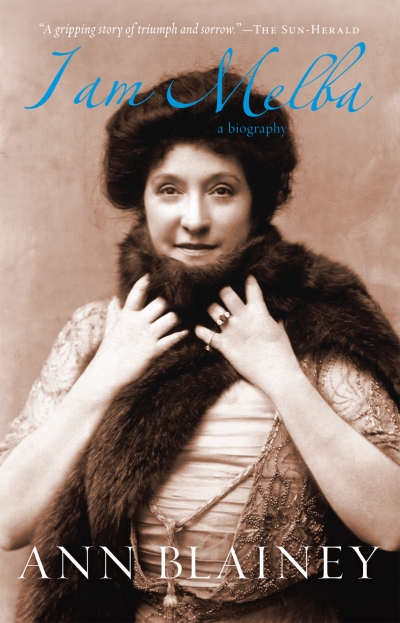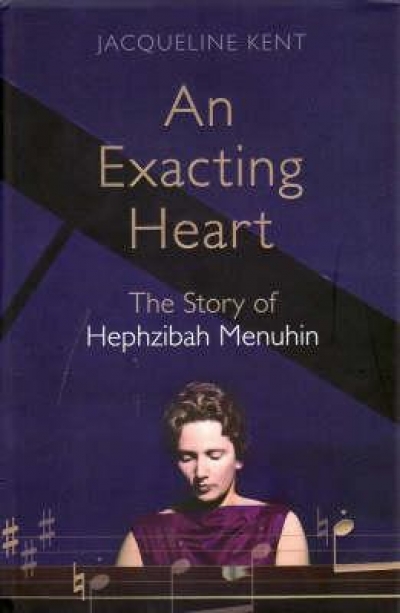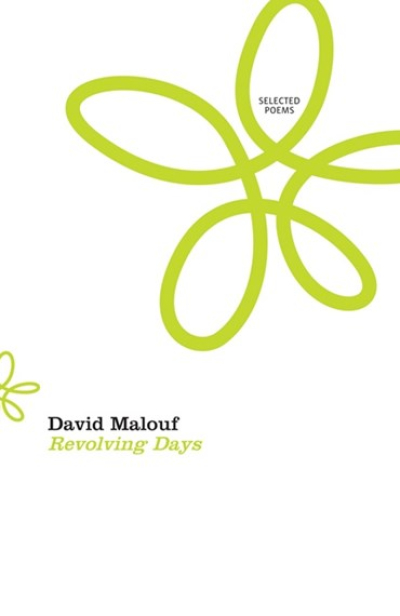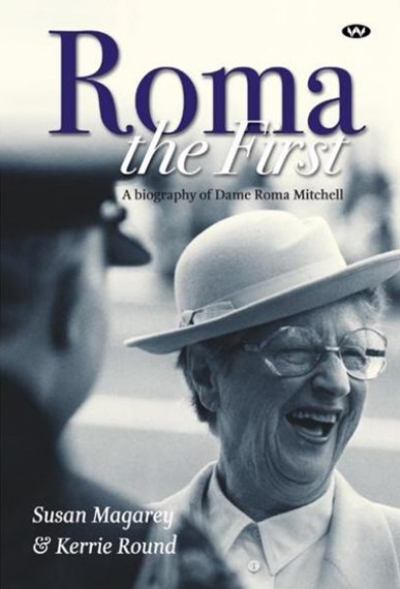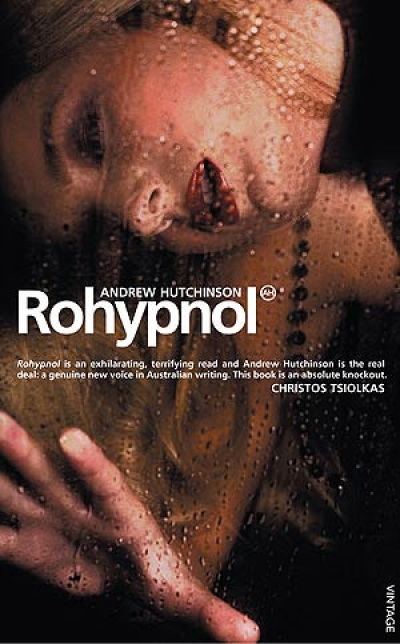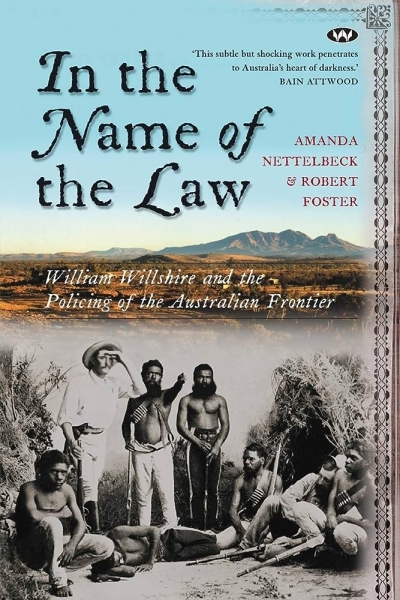Review
An Exacting Heart: The story of Hephzibah Menuhin by Jacqueline Kent
by Peter Rose •
Roma the First: A biography of Dame Roma Mitchell by Susan Magarey and Kerry Round
by Alison Broinowski •
The Devil and Maria d'Avalos by Victoria Hammond
by Christina Hill •
Racers of the Deep: The Yankee Clippers and Bluenose Clippers on the Australian Run 1852 - 1869 by Ralph P. Neale
by Gillian Dooley •
In the Name of the Law: William Willshire and the Policing of the Australian Frontier by Amanda Nettelbeck and Robert Foster
by Gillian Dooley •

